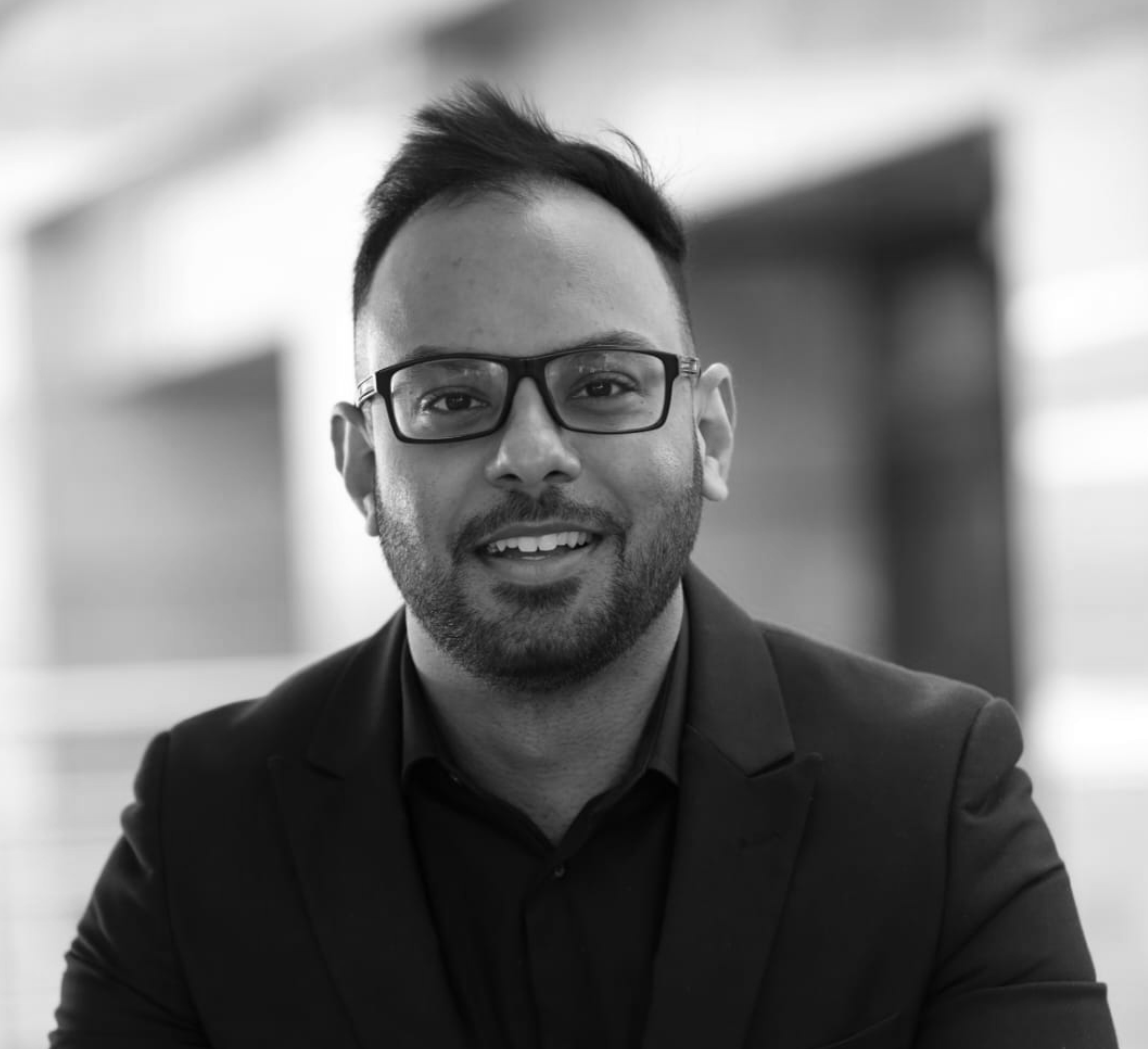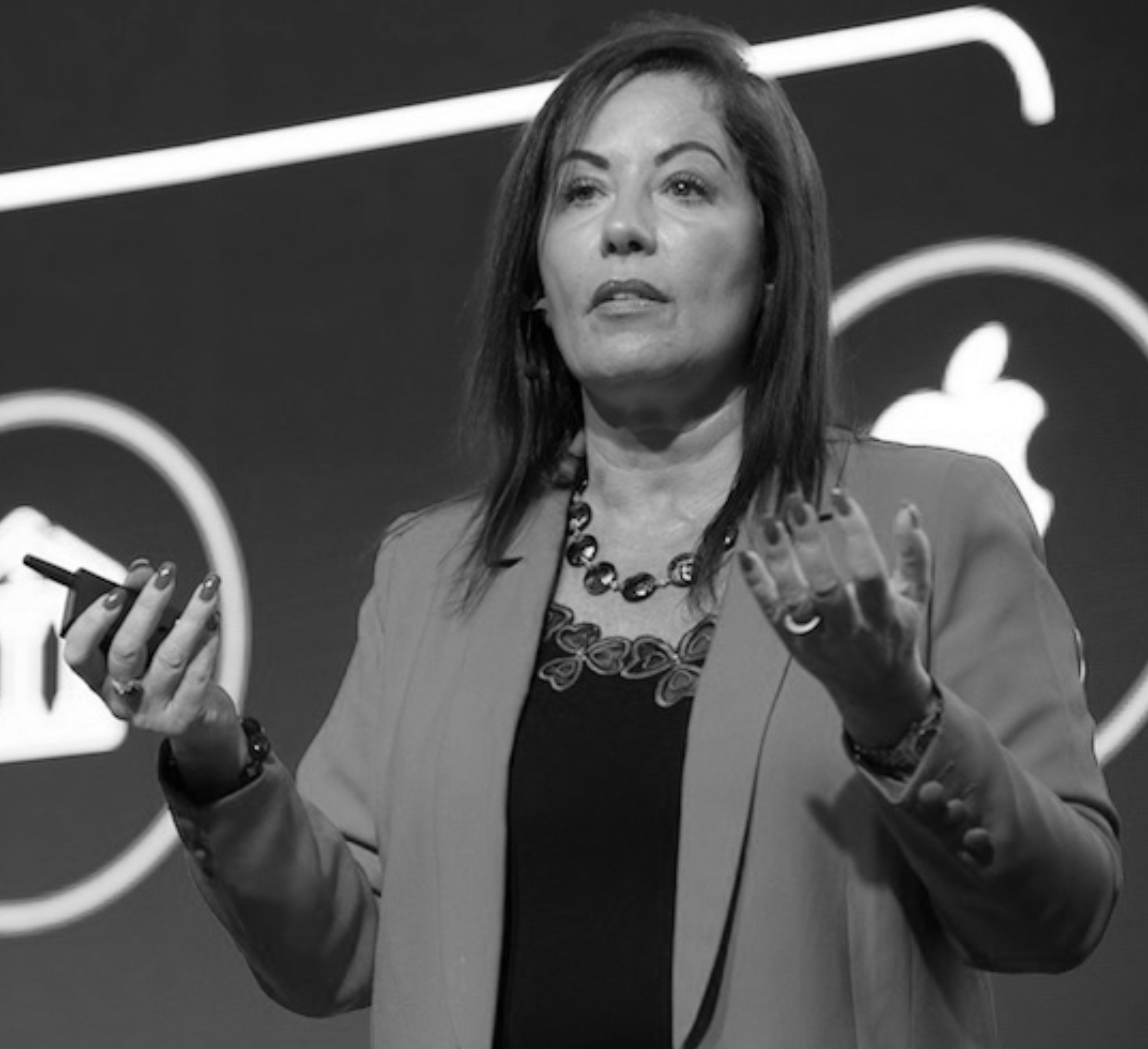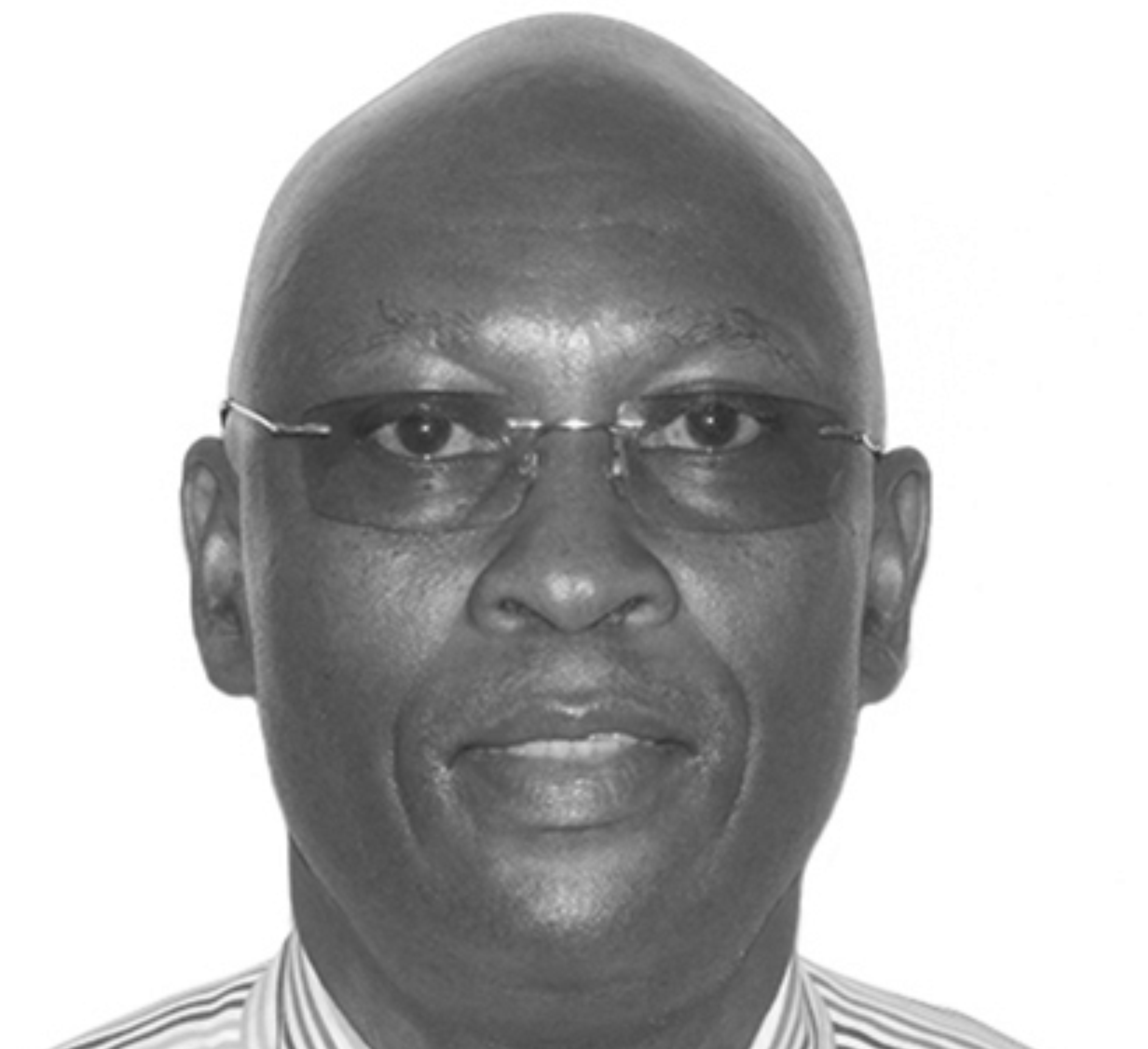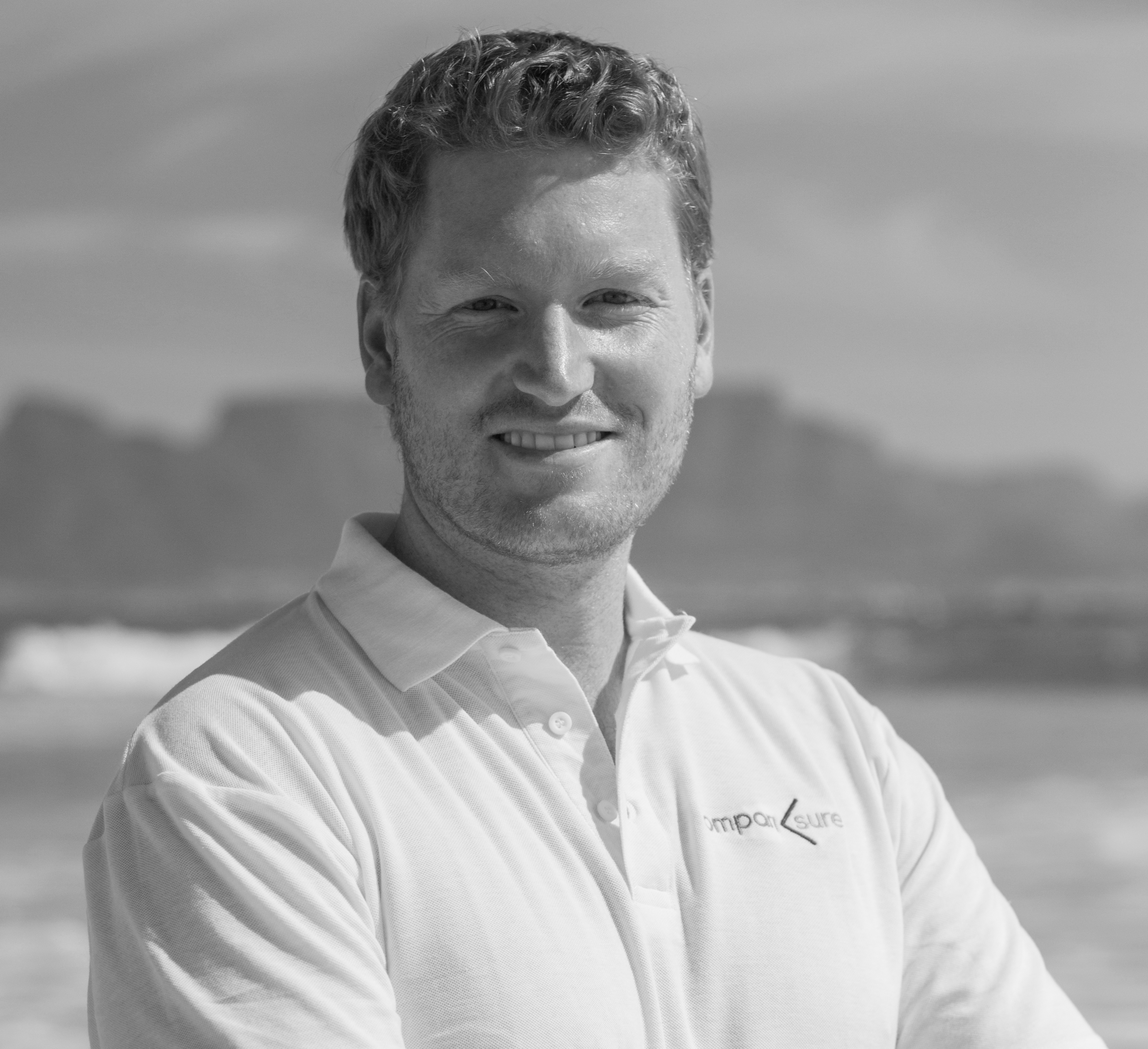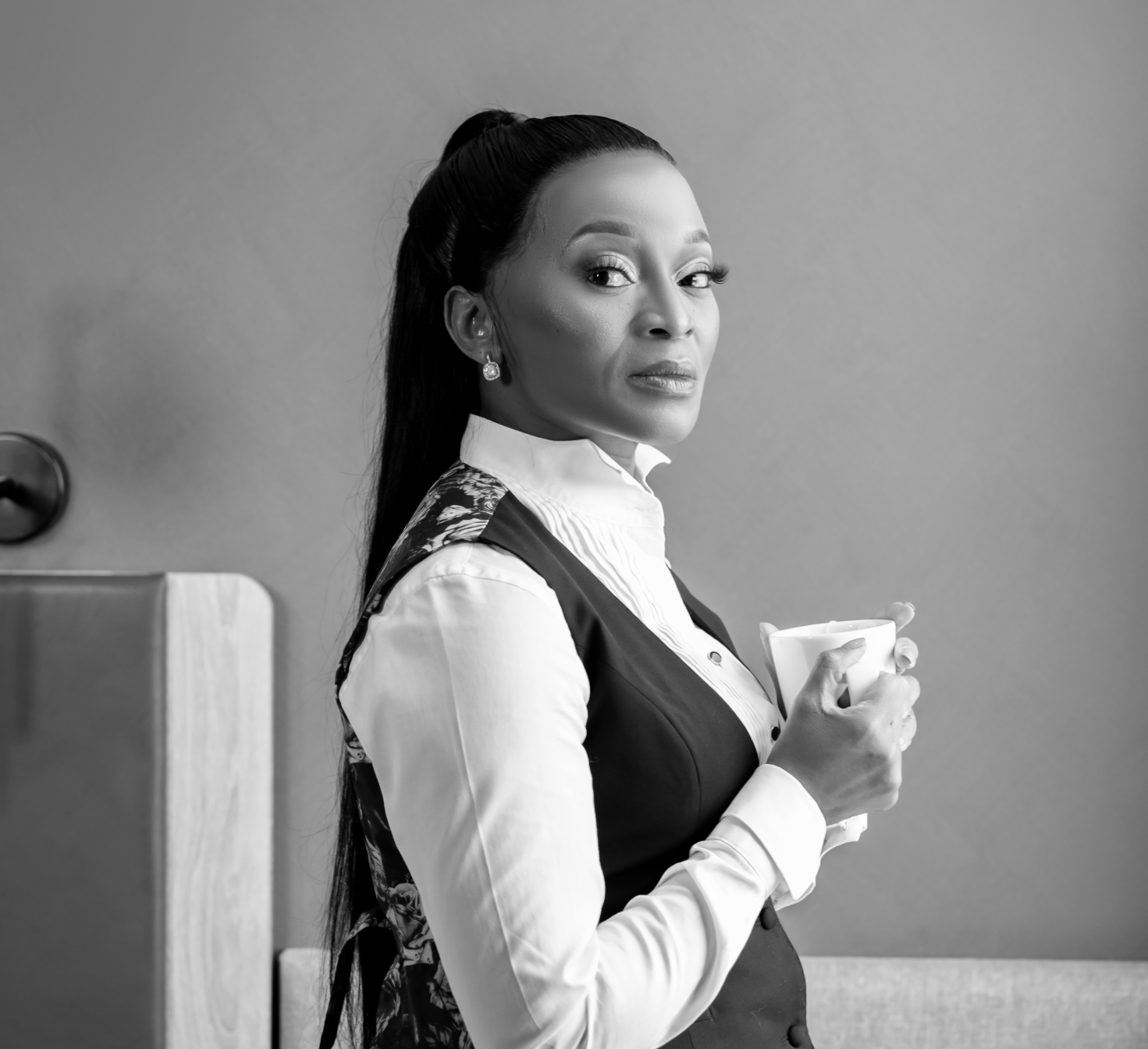181: Imtiyaaz Abdul-Gaffur
‘I love breaking the mould of what it is to be a traditional accountant’

Today’s podcast is sponsored by Draftworx, which provides automated drafting and working paper financial software to more than 8000 accounting and auditing firms and corporations. CFO Talks is a brand of the South African Institute of Business Accountants.
It’s a great pleasure today to welcome Imtiyaaz Abdul-Gaffur who is Wesbank CFO for central reporting and chief of staff to the CEO for FNB rest of Africa. Imtiyaaz is a CA, qualified in 2016 after his first attempt, after articling at Deloitte Africa, before being posted abroad at Deloitte Ireland as audit senior, and the Deloitte Luxembourg, also as audit senior in its private equity and real estate unit.
He’s responsible for the central reporting function at Wesbank and that’s a job that entrails providing decision-useful information to the EXCO. He’s also spent time in Mozambique and assisted in the integration of a new bank acquired and the disposal of another. That’s a lot to handle on one plate.
Imtiyaaz, most people are familiar with Wesbank if you are in South Africa but a lot of people who may be listening outside of South Africa may not know what Wesbank is, it’s South Africa’s leading vehicle finance bank, maybe just tell us a little bit about that and if there’s anything that you can tell us about the state of the motor industry over the last couple of years?
Wesbank is one of South Africa’s leading vehicle and asset finance providers that operates in both the retail and commercial/corporate segment. Basically, when you want to enter the market as a young grad, looking for your first vehicle or to someone who is a little bit more established, to businesses that are looking for fleet services. So there are various elements across the value chain from a vehicle asset financing perspective that Wesbank takes care of and it also falls under the FirstRand umbrella.
In terms of the industry, at the start of the pandemic I was actually looking for a new car and I was glad that I didn’t by one, given that we were working from home so much. But there were many things that affected the motor industry over the past two years, Covid was rough for many people, especially in the retail segment, there were a lot of people who would have lost their jobs and then there’s also the microchip shortage, which decreased the supply of vehicles to South Africa. So there are many factors that impacted the motor industry over the past couple of years. There also would have been a lot of repossessions with a lot of people experiencing worsened financial positions as a result of losing their jobs and income. So it’s been a whirlwind but we’re starting to see some recoveries.
You’ve been within the FNB Group for a while, have you moved around, tell us a little bit about your time within the FNB Group, which owns Wesbank.
I’ve been with the FirstRand Group from 2018, so after I completed articles at Deloitte I decided to join the bank in 2018 and I started at RMB in the systems accounting and control space, it was an interesting time because I joined and I was looking at some complicated recons and I was told that I need to go in a month’s time to present and train people in-country. So it was really an interesting experience because I was fairly new to everything and all the systems, and I had a very steep learning curve because I had to get to terms with things very quickly and it was an interesting space to be in from a control perspective, looking at the nuts and bolts in terms of the way a bank works in terms of accounting rules and almost back to basics, where the debits and credits go and understanding that from a process perspective.
I was quite fortunate in my first year to be nominated as part of the RMB newcomers of the year to go through that process and that was really a great achievement for me.
I also did an element of product control during that time for a couple of months and then the opportunity to join Johan as his chief of staff came about during 2019. It’s been an interesting journey since then because I think we’ve all in this environment managed to navigate working remotely, dealing with staff in different places, making sure that people are motivated and energized.
Being in that chief of staff role it gave me such a different perspective, which I was looking for, I wanted that executive exposure at a FirstRand level, at an RNC level, not just an Africa level. Also, looking at working closer with my colleagues at RMB as well because in the Africa space it’s quite broad and our brands exist across all of the countries.
After having spent two-and-a-half years with Johan in rest of Africa, the opportunity to join Wesbank arose and it was a difficult decision for me because I really enjoyed what I was doing as chief of staff but it was something new and a CFO role doesn’t present itself every day and I thought it was a really good opportunity to pursue.
Tell us about your interest in accounting, when did you first decide that you wanted to become an accountant?
It’s actually quite odd that you ask this question because my dad had never foreseen that I was going to go into accounting, I’m actually a third-generation accountant or someone in commerce. I was always the science kid, I use to love science and math and technology, that was a big thing for me. I used to do well at school and accounting was something that I was interested in and I remember looking at it when I was in matric and I always used to look at the careers section in the newspaper and something that popped to me at that point was chief financial officer and it was something that was already ingrained in my head. It made a lot of sense to me in terms of the logical flow, when I thought about debits and credits it makes sense, it’s logical, that element is what drew me to finance. I always liked helping people and I felt that if I went into finance, I would get an element of that.
Tell us about some of the challenges you’ve experienced in your career?
There were a few challenges, back when I entered the working environment, I feel like your articles days – and I wonder if listeners on this podcast would be able to relate – are a time that really sets you apart and that really builds your character and your understanding. I remember having to learn how to code during that time, very basic coding though, because of large data sets that we needed to run and that for me was a challenge because we are not trained as accountants in terms of coding and big data. That was an initial challenge, but I also saw it as an opportunity to say how will I use this skill set to diversify myself. It led me down this data path where I pursued other qualifications later.
If there was an accountant coming up through the ranks and got an opportunity to go abroad, is that going to be a good choice, just from the point of view of building your career?
I think so, I think it’s always great to go to a new place and almost shock your system.
Sometimes with us as accountants, and I hate to generalise, but a lot of people have this assumption that we want just this steady flow of things. Yes, as far as financial information and numbers are concerned, we want that to remain fairly stable. But I think in terms of your personal life, I think sometimes going to a new space, a new environment brings out a different part of you and I think it’s important for growth and development. I personally can attest to that in terms of being exposed to different people, different cultures, just to different ways of working, looking at different executives in different countries and how they operate and learning from their leadership styles. So if someone is presented with an opportunity, please pursue the opportunity, obviously see that it makes sense for you and that the environment suits you, and I’m sure you’ll do exceptionally well.
What about experience, how much does that count, as opposed to the purely technical skills that you acquire through your academic training, how much is experience as part of your development as an accountant?
I think it’s a combination of the two, I think you need the technical skills, but it feels like everything almost becomes redundant at a point in time. It’s your entry ticket to enter the door, for example, your matric symbols get you into university and then your university degree gets you into your first job. So I feel like the technical skills definitely hold you strong, it allows you to think in a specific way and it gives your mind insight. But I feel like experience is unparalleled and there are no two accountants who are the same in terms of training and experience. In terms of technical training, I would say it’s more or less the same but as far as experience is concerned, that’s what sets people apart. I think it’s a combination of the two, it’s how you use your experience but also, it’s about how you take your technical skills push it to the next level so that it sets you apart from your peers.
The CFO (SA) designation, which is offered by the South African Institute of Business Accountants is really in recognition of those experiential skill sets that you acquire through your career, rather than in the classroom. Things like team leadership, communication and presentation. It’s these softer skills that really separate the senior finance executive from maybe the middle tier and lower order. Would you agree with that?
I would 100% agree with you. I think it’s also that foresight and that ability to view things. I think sometimes as a core finance professional what I have noticed in practice is that you tend to get into a silo and I don’t blame individuals in that space because you are so focused on delivery. Whereas if you take the opportunity to go one step higher and look at things from a broader perspective, what is the strategy, where is the company going, why are we doing this, then you understand things at a lot more deeper level and it’s something that I encourage my team to do.
Let’s look beyond the numbers, let’s try and understand what the storyline is, and it comes back to my inherent nature as a storyteller.
I agree with you in terms of experience, in terms of the softer skills, in terms of knowing how to deal with difficult individuals and also how to bring out the best in people, it’s about bringing out those inherent skills that are there and giving them an opportunity to shine because when they shine, you also shine.
What books do you recommend?
I’m not a conventional accountant in the sense of the books that I read. I like focusing a lot more on development of the mind and the spirit, and I feel like if you focus on those it gives you a lot more clarity in terms of your interactions with people. So the books that I currently have on my list are Think Like a Monk by Jay Shetty. I have read it and I go back to it and I read excerpts. So that’s one of my books that I go to. Another one is Welcome Home: A Guide to Building a Home for Your Soul by Najwa Zebian, it’s also a book along those lines in terms of saying you are creating a home for your spirit and in terms of your soul as well in a deeper development aspect.
One of the first books that I bought when I started work was called The Art of War for Executives by Donald G. Krause, it’s based on the principles of the original book The Art of War. So I think it’s something to have just to read through from a business lens and I thought it was a nice read, it’s a quick read and I would definitely recommend these three books to anyone who is looking to do some reading.

